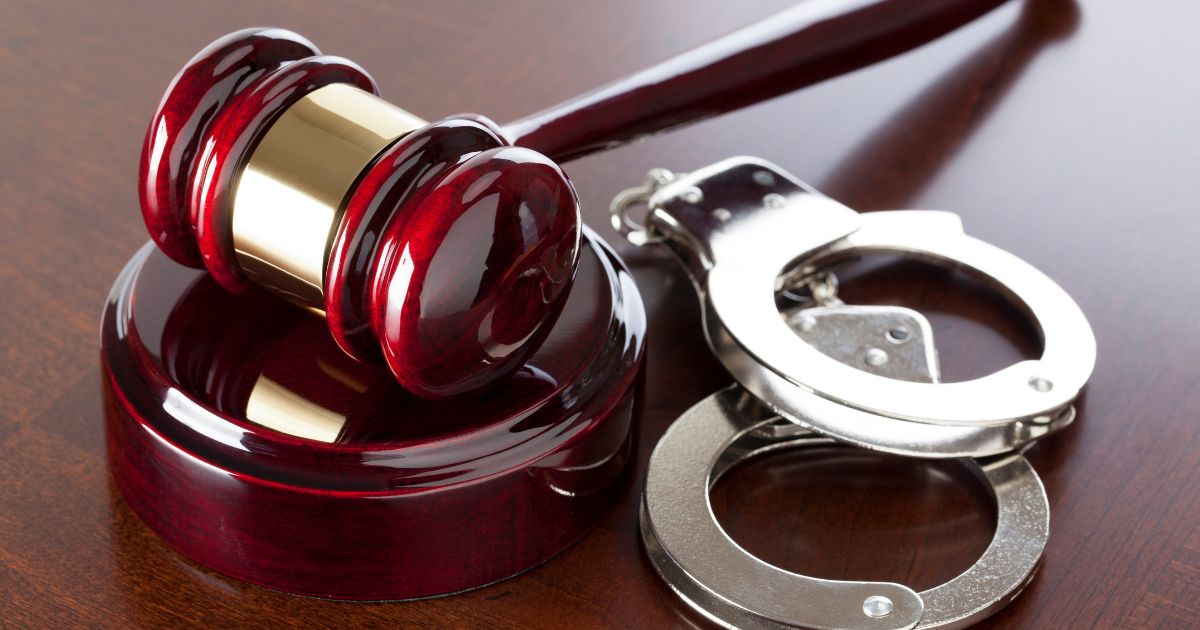What Are Defenses for Forgery?
Forgery is a serious criminal offense. It involves the unauthorized alteration, use, or production of documents with the intent to defraud another person or entity. The severity of forgery charges depends on the type and value of the document involved and whether fraud was committed against an individual or an organization.
If you are facing forgery charges in Georgia, it is important to understand how these charges work and what defenses you may have available to you. Depending on the facts of your case, you could be facing substantial time behind bars. Speaking with an experienced criminal defense lawyer may be in your best interest.
What is Forgery?
Forgery occurs when a person either falsifies documents, alters existing documents without authorization, or produces counterfeit documents intending to commit fraud or deceive another individual or entity.
Under Georgia law, there are four distinct levels of forgery depending on the value of the document and whether it was created by an individual or an organization:
- First-degree forgery (forging a certain instrument)
- Second-degree forgery (forging any other written instrument)
- Third-degree forgery (uttering any forged instrument)
- And fourth-degree forgery (uttering any false writing).
Intent To Defraud
In order for a person to be convicted of forgery in Georgia, prosecutors must prove that they had intent to defraud another person or entity. This intent can be proven through circumstantial evidence such as testimony from witnesses who observed suspicious behavior before, during, and after the alleged offense took place. Prosecutors must also show that a defendant acted intentionally; otherwise known as “mens rea” which means having knowledge that their actions were wrong and criminal. Furthermore, prosecutors must also prove that there was harm caused by the defendant’s actions, which resulted in financial loss or personal damage to another party.
Defenses Available
If you are facing criminal charges related to forgeries in Georgia, there are several defenses available, depending on your circumstances. These include:
- Coercion (being persuaded by someone else into committing a crime)
- Duress (being forced into committing a crime under threat)
- Entrapment (being lured into committing a crime due to law enforcement’s involvement)
- Lack of evidence proving guilt beyond a reasonable doubt (insufficient proof)
- Lack of intent to commit fraud (accidental decision making)
- Lack of knowledge that one’s actions were illegal (ignorance)
There may be different defenses available if you are facing criminal charges related to forgeries in Georgia. Depending on the degree of the forgery charge you face, you could be looking at up to 15 years in prison. The most important thing you can do after being charged with forgery in Georgia is to speak with a skilled and experienced lawyer who can help protect your rights and provide you with a solid defense to the charges against you.
The Savannah Criminal Defense Lawyers at Kicklighter Law Help Protect Your Rights
A criminal conviction in Georgia could result in jail time, prison time, loss of rights, and difficulties getting employment. To help you work to avoid these negative outcomes, speak with the Savannah criminal defense lawyers at Kicklighter Law. To learn more about how we can help you, contact us today to schedule your consultation by calling 912-754-6003 or inquire online. We proudly serve our Georgia neighbors in Springfield, Effingham County, Savannah, and surrounding areas.

